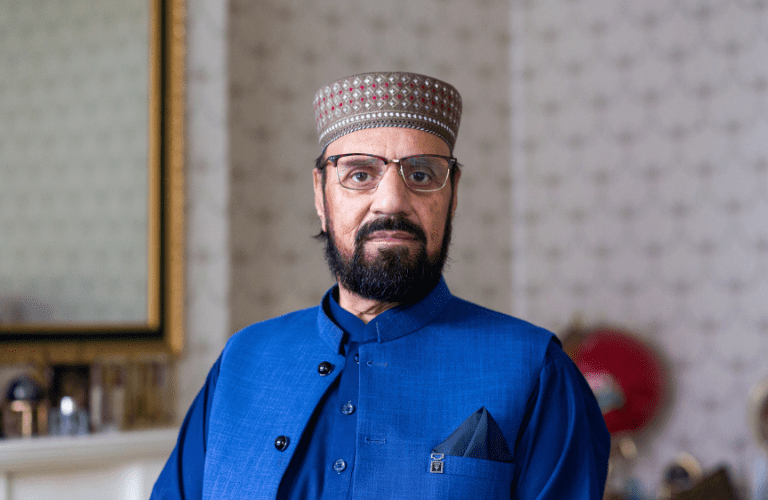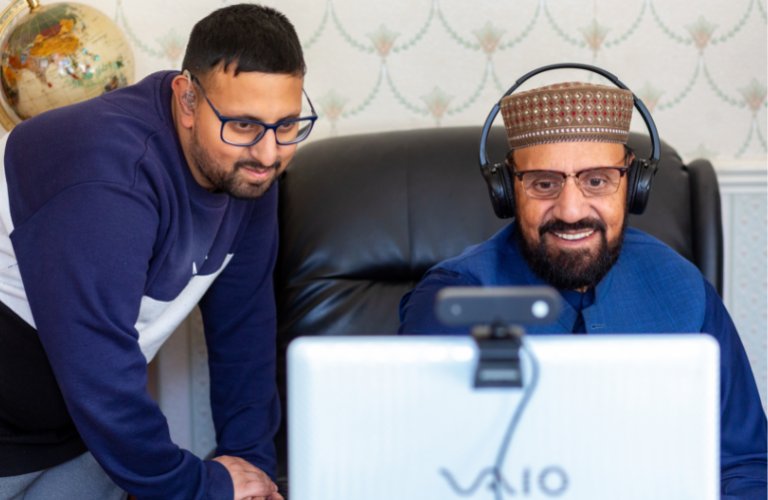Maq’s story: "I live with dementia"
Maq was diagnosed with frontotemporal dementia in 2010 at the age of 54. Here he reflects on how the condition affects his day-to-day life.

Dementia changes my mood and perception and affects me physically and psychologically. It isn’t all about memory loss. My mind does wander, and I don’t want to show myself being agitated so I hide that part of me by sitting on my own and reading a book.
It’s demanding living with this condition and it changes from day to day, hour to hour, minute to minute. If you spoke to me at 9am, 6pm and 12pm you would meet three different people.
“I couldn’t bring myself to tell my family”
It was difficult accepting the diagnosis and coming to terms with it. That was the hardest thing for me. I wasn’t experiencing any symptoms at the time of diagnosis, and it was only picked up because I had major heart surgery.
I thought, if I’ve got this condition and there is no cure, there is no way I can carry on working – so I stopped. Giving up my job as an accountant was a big adjustment and it meant I became less financially independent. On reflection I think I could have stayed at work for longer.
I couldn’t even tell my family about it for over a year. I live with my children, and I wanted to protect them. They were already looking after me due to my heart surgery. I couldn’t tell my family myself, so I had a professional explain it to them. I couldn’t bring myself to say it.
“Whenever somebody asks for my help, I’m there”
Whenever somebody asks me for help, I’m there. I get asked to talk at many different events about my experience of dementia. Over the last three years I have met over 3,000 people online. I do on average 18 zoom sessions a week and it’s like a full-time job, but it keeps me going. When someone says they have benefitted from what I have said it gives me a boost.
In the South Asian community, dementia is considered a taboo subject – no one wants to seek help and people don’t know where to go if they do want support.
By getting involved, I feel a sense of achievement and hopefully, I’m helping to break the stigma associated with the condition. I don’t know how many years I have left but I want to make a difference while I can.

Maq at home
Maq’s top tip
My top tip for people living with dementia is to meet people who have had similar experiences. Social connection is so important, and you can share tools and coping strategies.
My tip for family and friends is to use gestures as much as possible. I lip read which means body language is an important form of communication. Nodding to show you are listening, smiling to make us feel relaxed – they all count. These small things all make a difference.
